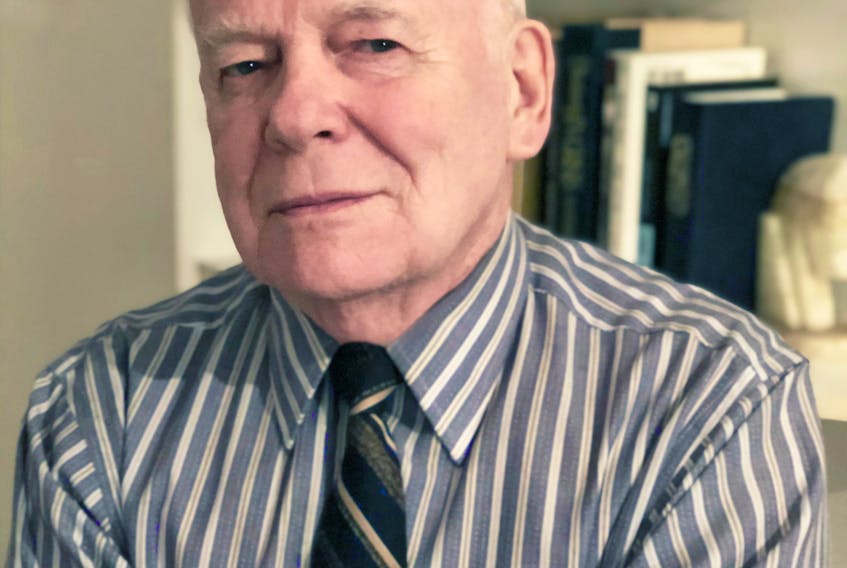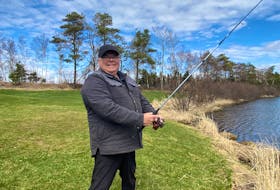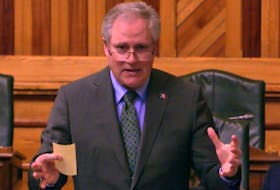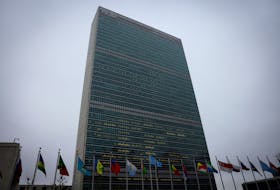By Joey Fitzpatrick
SPECIAL TO SALTWIRE
What is truth?
It’s one of the most profound questions in philosophy, and a line attributed to Pontius Pilate at Christ’s crucifixion.
The nature of truth is also the central theme of former Pictou County resident Bruce Muirhead’s second book, Credible 101: What is Truth in Today’s World?
Set in our present and often untruthful times, Credible 101 follows a class of philosophy students on their quest to define truth.
“It’s a real problem today for many people, especially Millennials, to distinguish between real and fake news,” Muirhead says. “I wrote this to help the millennials think about things they may not have thought about.”
People of all ages are forced to sift through a vast ocean of opinions, facts and “alternative facts” available in society's current electronic environment. But Muirhead believes the millennials – those born between roughly 1980 and the early 2000s – are particularly susceptible to the deliberate blurring of truth. Previous generations grew up with clearly defined authority figures and sources of knowledge: parents, teachers, the church, police officers, newspapers, radio and television. Millennials, by contrast, can scarcely remember a time before the Internet, where interest groups, agitators, hucksters, political parties and religions of all stripes all vie for attention while spreading their own version of the truth.
“They know full well that there are different groups trying to influence their thinking,” Muirhead says. “It’s like they have to try to get their heads around the whole world.”
Now retired and living in Moncton, Muirhead was born in Parrsboro and has lived and worked around the world. He has taught French in Ontario, Quebec and in Parrsboro. Credible 101 is his second book. He’s been an independent thinker his entire life, Muirhead says.
“From the time I was a kid, I was always somebody who thought for myself,” he says.
The setting for Credible 101 is a Maritime university philosophy class, in which the professor issues a challenge to the students: discuss for four days amongst themselves how they might determine just what is true in their world of news/fake news, politics of the left and right, a multitude of religions, and people telling stories for the sole purpose of separating them from their money.
The students come from a range of cultural and religious traditions, and the professor’s name is Donald Bruce, but the author says it’s not a reference to his own name.
“My first philosophy professor in university was Professor Bruce,” Muirhead explains. “We don’t identify the university where it’s taking place.”
There are certain realms in which truth can be verified, Muirhead points out, as in areas such as mathematics and physical sciences. In one of the students’ arguments in the book, he argues for the subjective nature of truth: “That’s your truth; this is my truth.”
Another student counters with the example of buying a cup of coffee. If the cup costs $2 and you hand over $5, you expect $3 in change, not a debate about how $2.50 in change is the cashier’s version of truth.
Muirhead would like to see Crebible 101 become suggested reading for philosophy students.
“I don’t push the reader to a conclusion,” Muirhead says. “I want the readers to think for themselves.”









